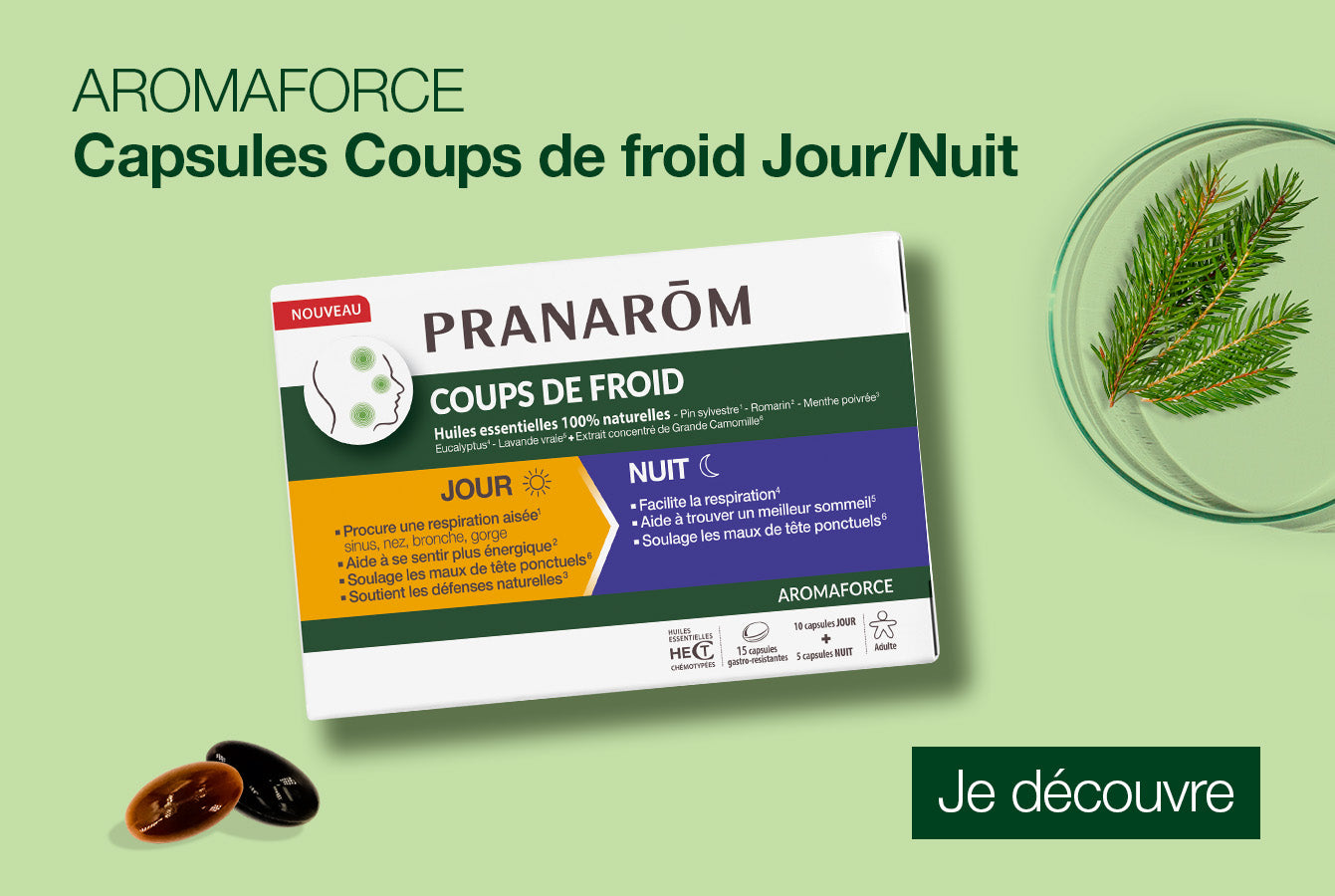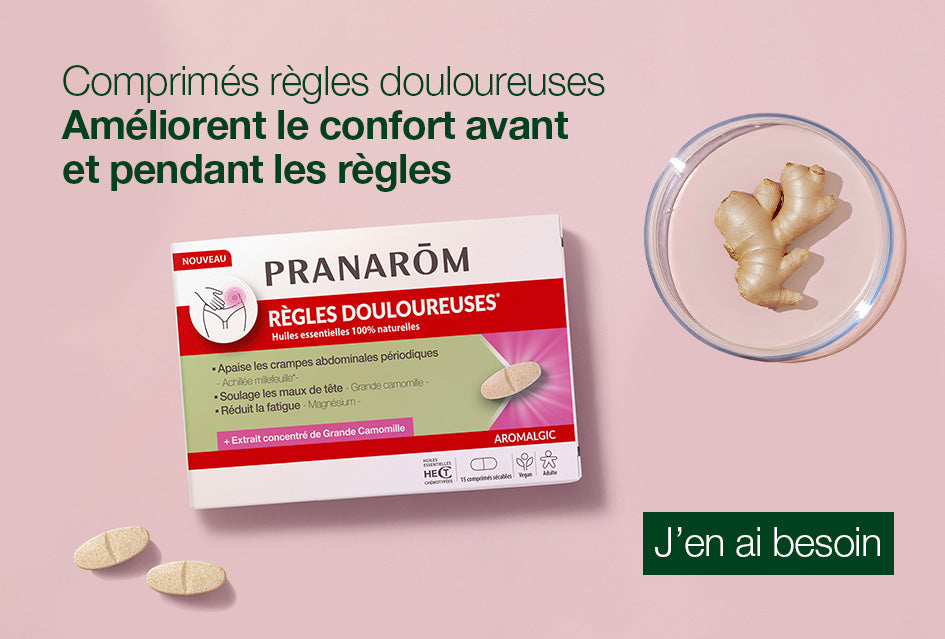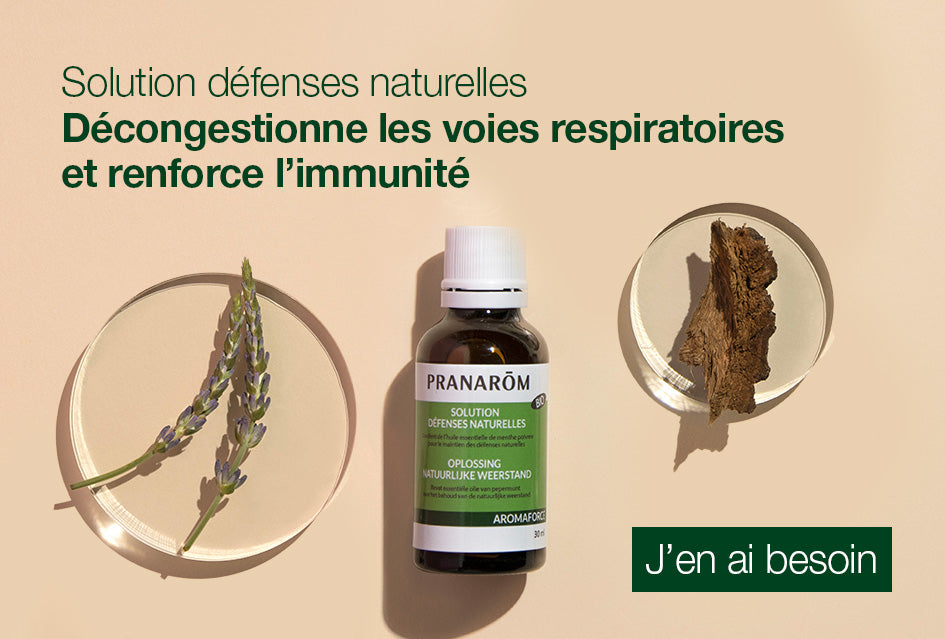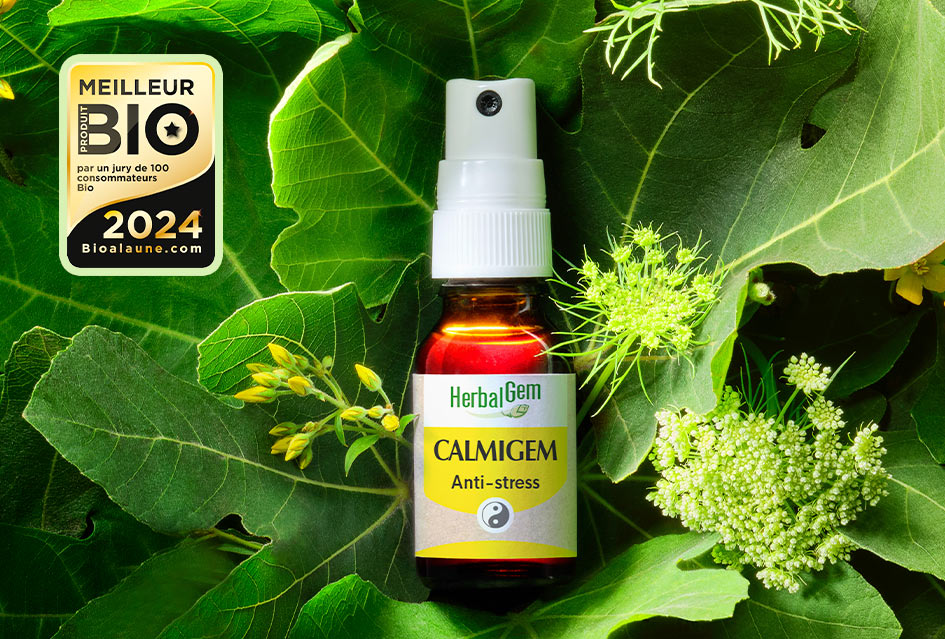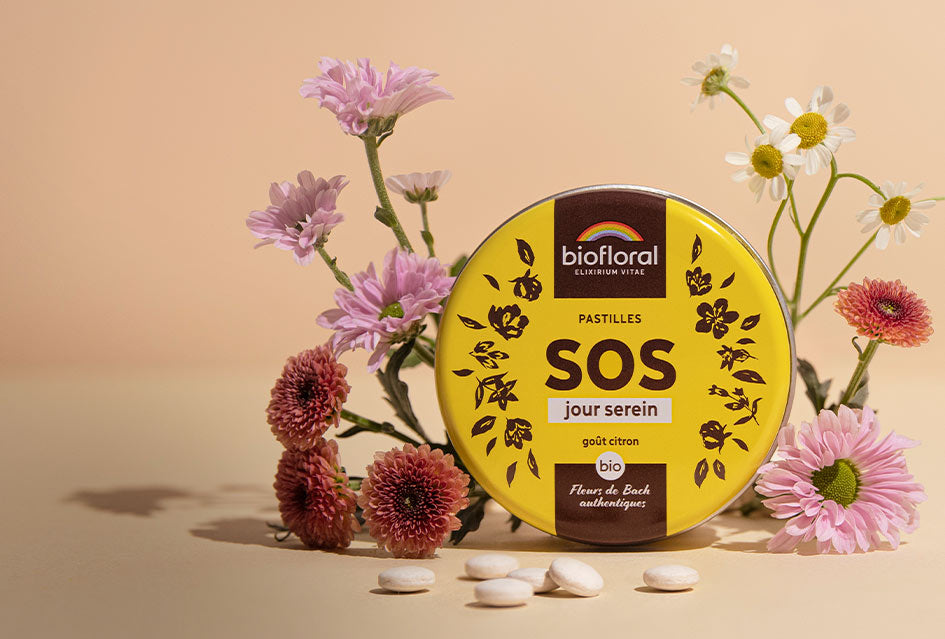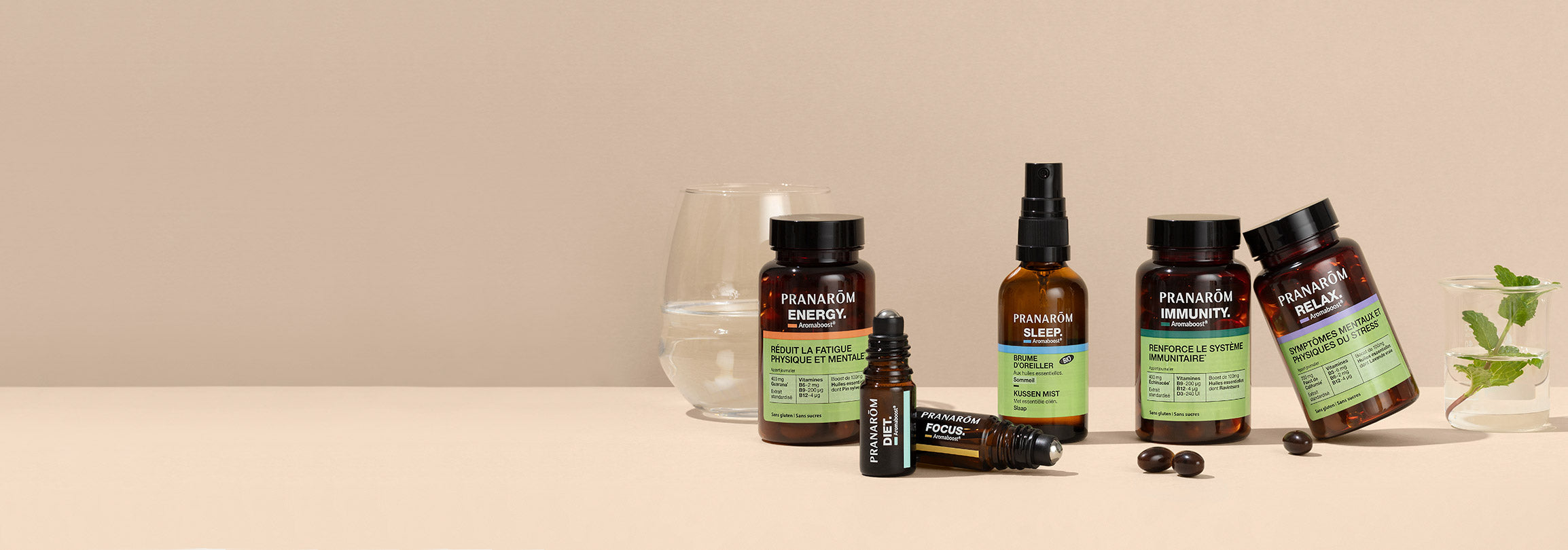OTHER INDICATIONS:
Aphthae, Oral abscess, Gingivitis, Stomatitis, Acne, Varicose veins, Hemorrhoids, Tonsillitis, Acute bronchitis, Sinusitis, Otitis, Laryngitis, Bronchitis, Diarrhea, Eczema, Cold sores, Genital herpes, Sore throat, Mononucleosis, Skin mycoses, Nail mycoses, Yellow nails, Prostatitis, Scabies, Ringworm, Urinary tract infections, Gynecological infections, Intestinal antiparasitic, Skin antiparasitic.


